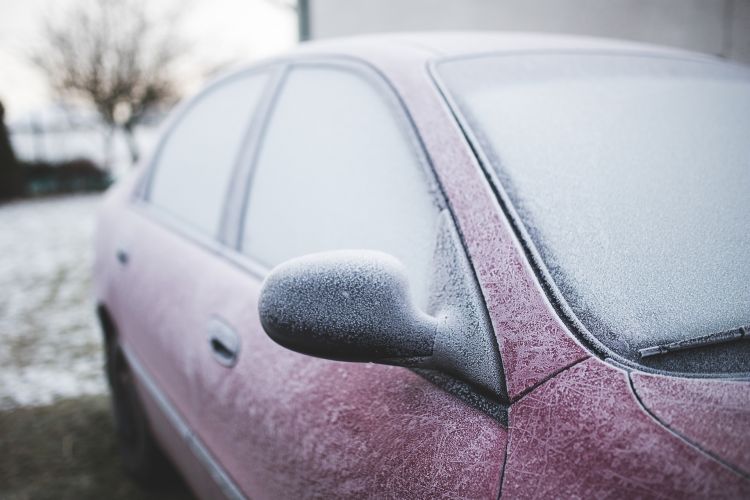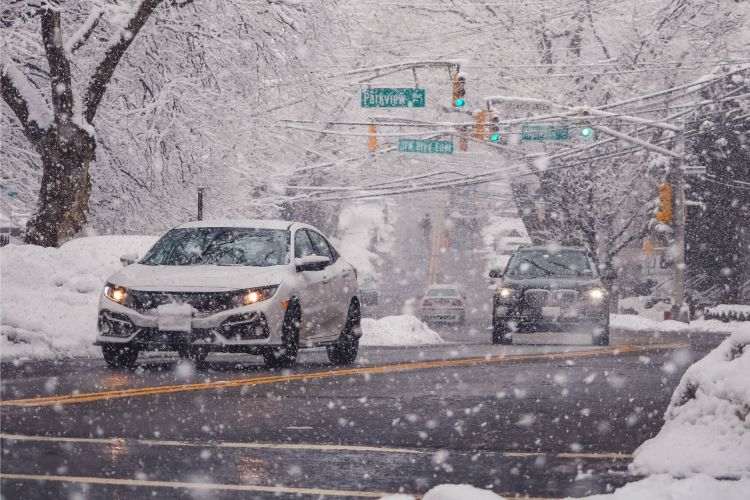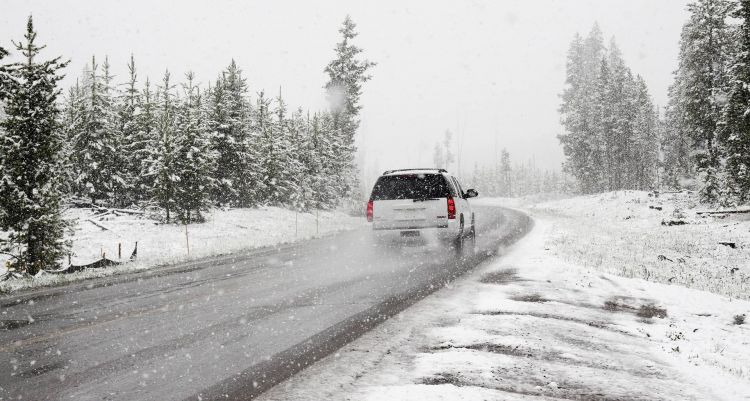Wind, snowfall, rain and waves are the phenomena that are putting forty Spanish provinces at risk: they are the consequences of the Gérard storm and the Fien storm. And if we focus on the motor world, drivers must take these effects into account: not only when getting behind the wheel to take extreme precautions, but also when it comes to caring for their car. Is it true that gasoline and diesel can freeze at low temperatures?
These days, the thermometers mark temperatures below zero and there are many cars that sleep on the street. If your car has a gasoline engine, you can breathe easy: the freezing point of this fuel is high. And if your vehicle is diesel? Here there is a certain risk because the temperature at which it freezes is much more normal: the danger exists, but there are solutions.
The chemical formula of gasoline and diesel is always the same, but some of its specifications (such as vapor pressure and evaporation) change in summer and winter: for this reason, depending on the season, different additives are added so that these two fuels behave better when temperatures are extreme. Something that is regulated in Royal Decree 61/2006 of January 31.
Yes, diesel can be frozen
As we said, cars with a diesel engine are, these days, more likely to see how their deposit it freezes because the point of this fuel is minus ten degrees: a temperature that is not difficult to reach in the north of Spain and in the coldest communities. Reason why gas stations in these areas add an additive that increases the freezing point from minus ten to -17 degrees.
The key lies in the Cold Filter Plugging Point (COPF): one of the main components of diesel is linear molecules. In a scenario of low temperatures, below ten degrees, these particles can crystallize in the tank clogging the filter. The result? Not enough fuel reaching the combustion chamber.
If this happens when the car is parked, you will not be able to start it. If it happens while you are driving, you will notice that it loses power: it will start to jerk and eventually stop. In both cases the solution is to wait for the diesel to thaw: do not try to start the engine because you will be forcing the pump and, in addition, you can run out of battery.
And the gasoline?
The case of gasoline is more special because the car would have to be subjected to much more extreme temperatures: it is at forty degrees below zero when this fuel begins to crystallize and, therefore, clog the filter, preventing the engine from starting. Yes indeed, the freezing point is even further away: it is -107 degrees, so it is much more difficult for it to freeze.
In summer, However, things change because gasoline has a different vapor pressure and its distillation percentage is 70 degrees: in this way, the amount of gases in the combustion chamber is high enough to create combustion.
In winter they add additives that focus on vaporization. Or what is the same: molecules with a high vapor pressure. In summer, because the temperature is higher, the most volatile component of gasoline is in a gaseous state and this help is not necessary.



